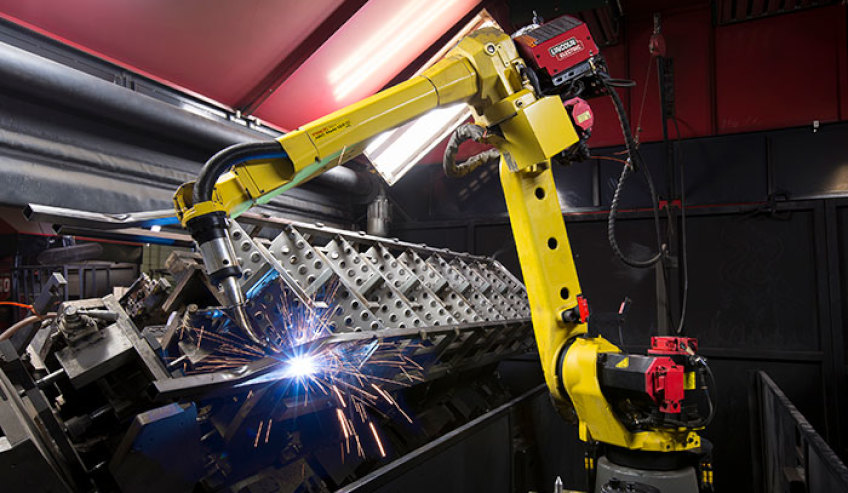Bold new research from RMIT has shown how sensors and artificial intelligence can revolutionise the way defence technology is managed as part of the fourth industrial revolution.
RMIT University engineers have developed a radical proposal for an 'all-knowing system of systems' powered by AI to manage procurement and maintenance decisions and calculate fleet readiness.
The Virtual Design, Optimisation and Testing framework, or VDOT, is being presented this week at the 18th Australian International Aerospace Congress in Melbourne.
Associate professor Adrian Orifici from RMIT University’s School of Engineering said making sense of the mountains of incoming data was a major challenge facing defence and other complex industries.
He said, "Systems like defence are now so complex that optimising and maintaining all the technology effectively is beyond human capability."
Orifici said VDOT could transform the industry by providing a framework to do just that, including virtual testing to evaluate mission performance for new aircraft or other assets, or even recommend design changes based on previous performance data.
"VDOT proposes a disruptive approach, one that can help predict the cost of ownership of an aircraft that may be in service with the RAAF for up to 40 years. This means smarter acquisition and value for money, where a new fleet can be evaluated in various battle scenarios before making a procurement decision," Orifici explained.
Associate dean of aerospace engineering and aviation at RMIT, Professor Pier Marzocca, said smart materials with built-in sensors could collect data for each aircraft or component on strain, repair needs and the type and number of deployments, then feed that into this system.
Industry 4.0 is a name given to the current trend of automation and data exchange in manufacturing technologies. It includes cyber-physical systems, the internet of things, cloud computing and cognitive computing. Industry 4.0 is commonly referred to as the fourth industrial revolution.
"In the not-too-distant future, all aircraft will have a digital twin with all the information on materials and specifications added to over time with flight data, engine data and so on," Marzocca added.
Orifici said implementing VDOT or similar frameworks required significant work in assigning responsibilities and IP controls between many currently separate systems and databases, underlining the complexity of implementing Industry 4.0.
"The feasibility of developing such a system has been systematically investigated and proven but complexities over access and IP security are some of the challenges to be overcome. Our virtual framework serves as a platform offering a way forward for defence to embrace an Industry 4.0 system and optimise these complex systems," Orifici said.


